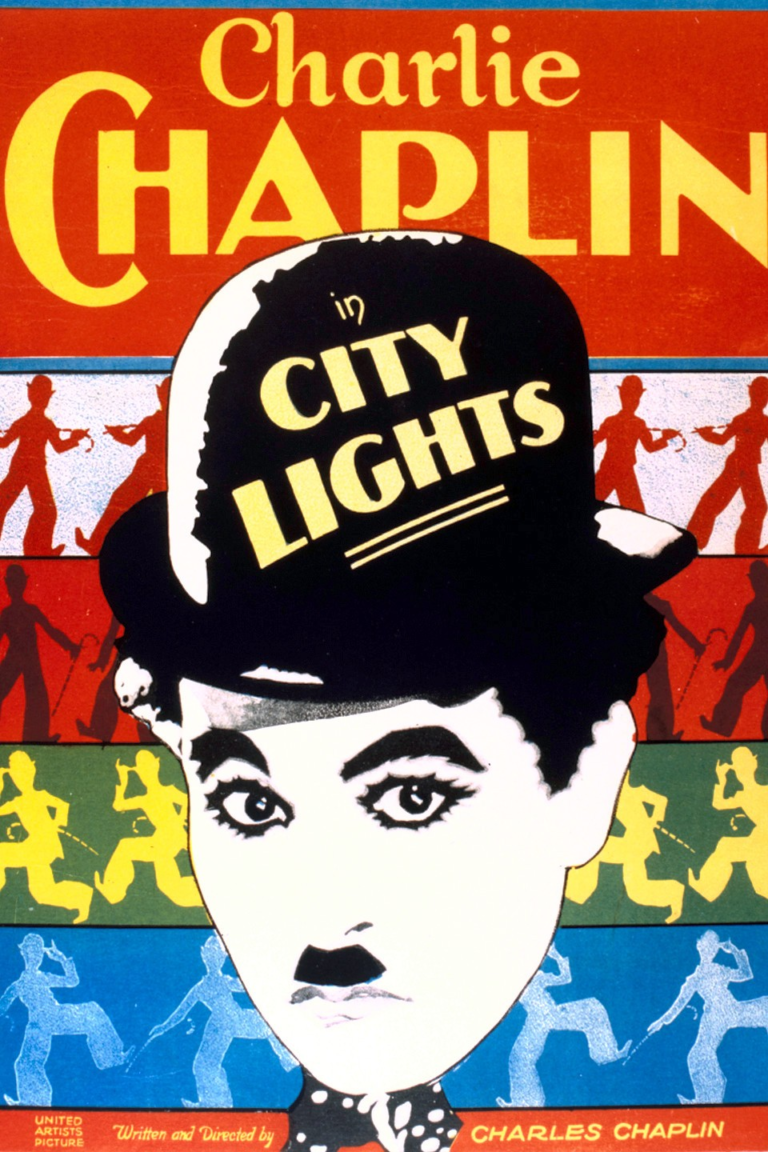Maria Christian Review

There’s a strange ache that lingers long after Maria fades to black, like the echo of a note sung with such precision it borders on pain. It’s not the sort of ache that comes from a tightly-wound tragedy or the abruptness of loss. No, this ache comes from watching the gradual unraveling of someone whose life seems destined to be both monumental and incomplete. Pablo Larraín, a director known for excavating the souls of icons, offers us yet another portrait of a fractured figure. But Maria feels more operatic, more agonizing, and at times, more impenetrable than his previous works.
The Chords of Creation and the Quiet Price of Genius
Maria isn’t just a film about Maria Callas; it’s a film about the toll of creating something so transcendent that it demands everything from the creator. It’s clear from the opening sequence—where the flicker of stage lights meets Jolie’s shadowed face—that we’re stepping into a story where art consumes as much as it gives.
Callas, with her otherworldly voice, gave the world music that stopped time. Yet, Maria doesn’t paint this as a triumph. Instead, Larraín carefully traces the cracks that this gift carved into her life. There’s no sugarcoating here: this is a life lived for art, yes, but one haunted by isolation. The applause fades; the curtain falls. What’s left when the music stops? It’s a question that burns through the film like an unanswered prayer.
For Christians, this theme feels especially poignant. Art can be a reflection of the Creator’s beauty, but when it becomes the sole pursuit of life, it risks turning into an idol. Callas’s voice, a near-divine gift, didn’t save her. It left her depleted—a reminder that human efforts, no matter how extraordinary, are finite.
A Woman in a Man’s World: The Weight of Control
Maria does more than tell the story of an opera legend; it unspools the tale of a woman wrestling against the forces of control that come with fame. Callas is portrayed not as a victim, but as someone navigating a labyrinth of expectations—most of them placed upon her by men who both adored and sought to shape her.
Larraín makes it clear that her talent gave her a platform, but it also put her in a glass box. We see her struggle to balance power with vulnerability, artifice with authenticity. Jolie brings this to life in a way that’s almost unsettling. Her sharp, architectural features seem to echo the rigidity of Callas’s world. Yet there’s a softness in her gaze, a quiet yearning that suggests something deeper—a soul straining for freedom.
From a Christian perspective, there’s a resonance in this depiction. The Bible speaks of the dignity and value of every individual, regardless of status or accomplishment. Callas’s story reminds us of how often that intrinsic worth is overshadowed by societal expectations, particularly for women.
Angelina Jolie: A Masterclass in Controlled Chaos
It’s impossible to talk about Maria without diving into Jolie’s performance. This is not a role that allows for showiness, though there’s plenty of grandeur to be found. Jolie doesn’t just play Callas; she inhabits her. There’s an intensity in her restraint, a tension in the way she holds herself—almost as if she’s carrying the weight of Callas’s legacy in her very posture.
Yet there’s a surprising undercurrent of camp in the film, and Jolie leans into it just enough to keep things balanced. She dazzles, yes, but never in a way that feels contrived. Instead, her performance becomes a tightrope act, teetering between the grandiosity of opera and the rawness of a woman slowly breaking apart.
For viewers grounded in faith, Jolie’s portrayal feels like a study in humanity’s fragile duality: the ability to create beauty while bearing the scars of a fallen world. Callas’s brilliance doesn’t erase her brokenness. It magnifies it, making her story all the more heartbreaking.
Fame: A Double-Edged Sword
If there’s one recurring thread in Maria, it’s the bittersweet nature of fame. Callas’s voice made her immortal, but her fame also left her isolated, scrutinized, and controlled. The film portrays this duality with haunting precision. On stage, she’s untouchable, a force of nature. Offstage, she’s painfully human.
This tension invites a deeper reflection on the pursuit of recognition. Fame, as depicted in Maria, is a fickle master. It promises fulfillment but often delivers emptiness. For Christians, this portrayal serves as a reminder of the fleeting nature of worldly accolades. True peace and purpose aren’t found in applause—they’re found in Christ.
The Tragedy Beneath the Music
What makes Maria so devastating isn’t the events of Callas’s life, but the unshakable sense that her art couldn’t heal her deepest wounds. The film’s closing scenes are particularly haunting, as we see a woman who gave everything to her craft but remained restless, searching, and ultimately unfulfilled.
This is the film’s most sobering takeaway for Christian audiences. The gifts we are given—whether artistic, intellectual, or relational—are meant to glorify God and serve others. But when those gifts become the ultimate pursuit, they lose their redemptive power. Callas’s story is a poignant illustration of what happens when we seek salvation in the things of this world.
A Grand Portrait, Unapologetically Large
One of the most striking aspects of Maria is its refusal to scale Callas down to a relatable size. Larraín embraces her grandeur, crafting a film that feels as expansive as its subject. The cinematography is lush, the score sweeping, and the pacing deliberate. It’s a portrait painted in bold strokes, unafraid to let Callas’s legend fill the frame.
And yet, this grandiosity comes with a risk. While the film captures the essence of Callas’s artistry, it occasionally feels more concerned with her myth than her humanity. This isn’t necessarily a flaw, but it does make the film feel distant at times—like a masterpiece hanging just out of reach.
A Final Note
By the time the credits roll, Maria leaves you with a strange mix of emotions. It’s dazzling and frustrating, intimate and aloof. It doesn’t provide easy answers, nor does it attempt to resolve the tensions at its core. But perhaps that’s the point. Maria Callas was a woman of contradictions, and Larraín’s film captures that complexity with grace and precision.
For Christians, Maria is a challenging watch. It’s a story steeped in beauty and brokenness, offering a reflection on the human condition that’s as compelling as it is sobering. While the film doesn’t explicitly point to hope, it invites us to consider where true fulfillment can be found—and to recognize the limits of even the most extraordinary human achievements.
Final Rating: 7/10
Maria is not a perfect film, but it’s a powerful one. For those willing to wrestle with its complexities, it offers a stirring exploration of art, fame, and the search for peace in a restless world. For Christian viewers, it’s a sobering reminder that even the greatest gifts are no substitute for the eternal hope found in Christ.




